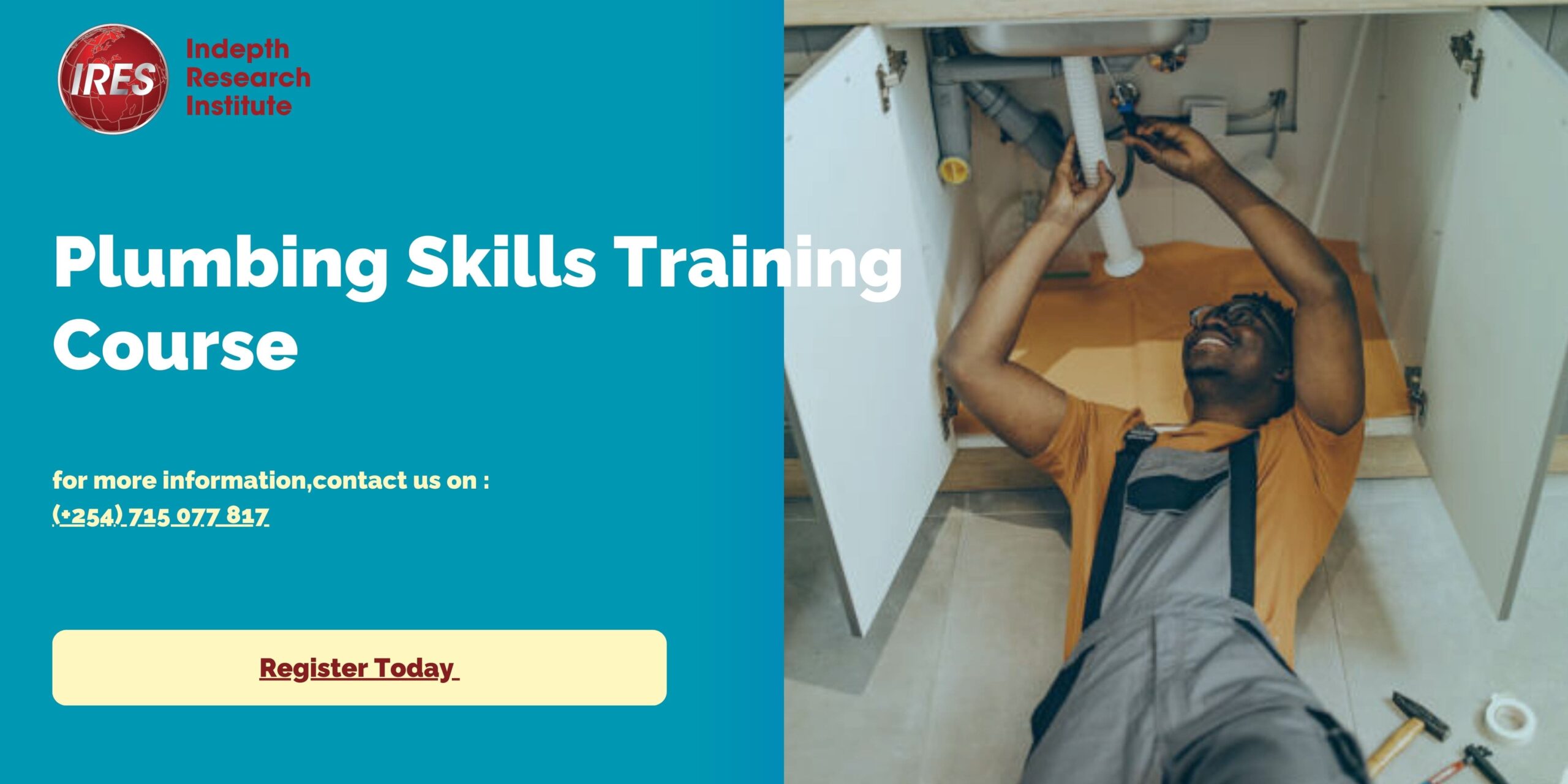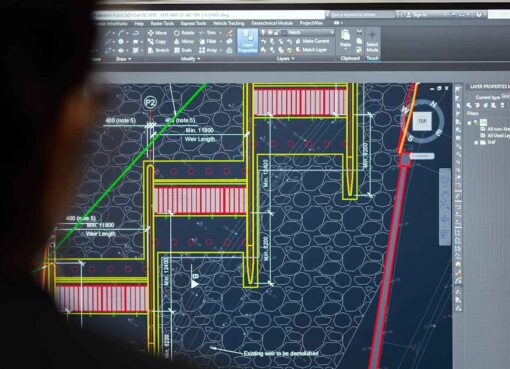Contents
- 1 Introduction:
- 2 Some of the Plumbing Skills Include :
- 3 Frequently Asked Questions Concerning Plumbing Skills(FAQS)
- 3.1 Q:What fundamental plumbing abilities should every plumber possess?
- 3.2 Q:How can I develop my plumbing skills?
- 3.3 Q:What equipment is necessary for a plumber?
- 3.4 Q:How do plumbers find leaks and repair them?
- 3.5 Q:What typical plumbing problems do households encounter?
- 3.6 Q:Why is plumbing system preventive maintenance so important?
- 3.7 Q:How can plumbers make sure that all construction codes and standards are followed?
- 3.8 Q:Exist any sustainable plumbing techniques?
- 3.9 Q:What can I do to stop my pipes from freezing during the winter?
- 3.10 Should I hire a plumber for minor plumbing concerns, or can I handle them myself?
Introduction:
Mastering essential plumbing skills is a prerequisite for every plumber. These vital capabilities form the foundation of their profession, enabling them to navigate intricate systems, diagnose issues, and provide exemplary services to clients.
From comprehending pipe materials and fittings to tackling drainage systems and fixture installations, these fundamental plumbing skills are crucial for ensuring smooth water flow, optimal functionality, and customer contentment.


Some of the Plumbing Skills Include :
Pipe Installation and Repair:
A plumber’s skill set is centered on their ability to install and repair pipes. Copper, PVC, and PEX pipes are just a few of the many types of pipes that plumbers must be skilled at measuring, cutting, and fitting. To stop leaks and maintain adequate water flow, they should be able to solder and securely weld pipes.
Drainage Systems:
Understanding drainage systems is crucial to maintaining the smooth flow of wastewater away from residences and other structures. Plumbers need to know how to use equipment like drain snakes, hydro-jetting equipment, and drain augers to properly diagnose and remove obstructions.
Installation of Plumbing Fixtures:
Plumbers frequently install showers, bathtubs, sinks, toilets, and faucets. The best performance and the avoidance of leaks depend on precise installation. Plumbers should also be knowledgeable about the various types of fixtures and how they work.
Reading blueprints and building codes:
A plumber must be proficient in reading and interpreting plumbing blueprints and construction codes. Plumbing installations are safe and legitimate if they follow local building codes.
Problem-Solving Abilities:
Plumbing problems can be complicated and differ depending on the task. In order to effectively diagnose issues and come up with workable solutions, plumbers need to have good problem-solving abilities. In this line of work, quick thinking and adaptability are vital skills.
Knowledge of Plumbing tools:
It’s essential to have a solid understanding of how to use plumbing tools. Understanding how to use these tools—which range from wrenches, pliers, and pipe cutters to video inspection cameras and pipe locators—is essential for productive work.
Pipe and System Maintenance:
Prolonging the lifespan of plumbing systems requires preventive maintenance. To avoid future costly repairs and potential disasters, plumbers should instruct consumers about routine maintenance procedures.
Safety Procedures:
Plumbers work with pressurized systems and possibly dangerous materials, therefore safety procedures are important. To avoid mishaps and guarantee the safety of both the plumber and their customers, it is essential to be aware of and adhere to safety procedures.
Customer Service Skills:
Along with technical proficiency, plumbers need also be excellent communicators and customer service providers. Trust and customer satisfaction are fostered through dealing with clients properly, comprehending their demands, and clearly outlining plumbing problems.
Conclusion:
Mastering these basic plumbing skills is essential for any aspiring or seasoned plumber. Plumbing is a dynamic field that requires a combination of technical expertise, problem-solving abilities, and excellent customer service. Whether it’s a minor repair or a major installation, a skilled plumber with a strong foundation in these essential skills will ensure the efficient and reliable functioning of plumbing systems, bringing peace of mind to homeowners and businesses alike.
So, if you’re considering a career in plumbing or need a trustworthy plumber, make sure they possess these fundamental skills for a successful and satisfying plumbing experience.
Frequently Asked Questions Concerning Plumbing Skills(FAQS)
Q:What fundamental plumbing abilities should every plumber possess?
Plumbers need to be skilled in pipe installation and repair, drainage system knowledge, fixture installation proficiency, the ability to read blueprints and codes, problem-solving abilities, tool proficiency, maintenance knowledge, adherence to safety procedures, and excellent customer service skills.
Q:How can I develop my plumbing skills?
It takes a combination of formal education and real-world experience to become a proficient plumber. To get the essential information and practical experience, think about enrolling in plumbing apprenticeship programs, vocational training, or trade schools. To benefit from the experience of more seasoned plumbers, seek out their mentoring.
Q:What equipment is necessary for a plumber?
Wrenches, pliers, pipe cutters, pipe wrenches, plungers, drain snakes, hydro-jetting equipment, video inspection cameras, and other instruments are used by plumbers. The particular plumbing work at hand determines which equipment should be used.
Q:How do plumbers find leaks and repair them?
Plumbers utilize a variety of techniques, including pressure testing, infrared cameras, and acoustic detection, to find leaks. Once found, they fix leaks by repairing or replacing broken pipes and making sure the connection is safe.
Q:What typical plumbing problems do households encounter?
Dripping faucets, clogged drains, running toilets, poor water pressure, water heater troubles, and sewer line blockages are some of the more typical plumbing problems. Plumbers with expertise can identify and fix these problems quickly.
Q:Why is plumbing system preventive maintenance so important?
Preventive maintenance assists in identifying and resolving any plumbing issues before they become more serious. The lifetime and best performance of plumbing systems are guaranteed by routine maintenance, which includes checking pipes for leaks and unclogging obstructions.
Q:How can plumbers make sure that all construction codes and standards are followed?
Plumbing installation-related municipal building codes and ordinances are recognizable to plumbers. To ensure safety and legal compliance, they adhere to these rules when designing and installing plumbing systems.
Q:Exist any sustainable plumbing techniques?
Yes, eco-friendly plumbing techniques attempt to save water and lessen their negative effects on the environment. To help eco-conscious living, plumbers can put in water-saving fixtures, check for leaks, and encourage sustainable water use.
Q:What can I do to stop my pipes from freezing during the winter?
Insulate exposed pipes, maintain inside temperatures, and let faucets drip a little during freezing conditions to avoid frozen pipes. In colder climates, proper insulation is essential to prevent pipes from burst.
Should I hire a plumber for minor plumbing concerns, or can I handle them myself?
While homeowners may handle simple problems like a clogged drain or dripping faucet, more complicated difficulties should be left to qualified plumbers. Making difficult repairs without the necessary understanding might make things worse and result in expensive damages.
Remember, plumbing is a specialized field, and hiring a skilled and licensed plumber ensures that the job is done efficiently and safely. If you have any plumbing concerns, don’t hesitate to consult a professional plumber for expert assistance.
We have a firm belief that every organization has a unique purpose only they can fulfil in this world. We work with you in organizing your resources to exploit opportunities so that you can fulfil your purpose and realize full potential. We build the capacity of people, processes and systems for organizational success and growth as well as nurturing a thriving ecosystem.
Ready to enhance your skills and boost your career? Explore our corporate training programs now and start your journey to success.








Comment here